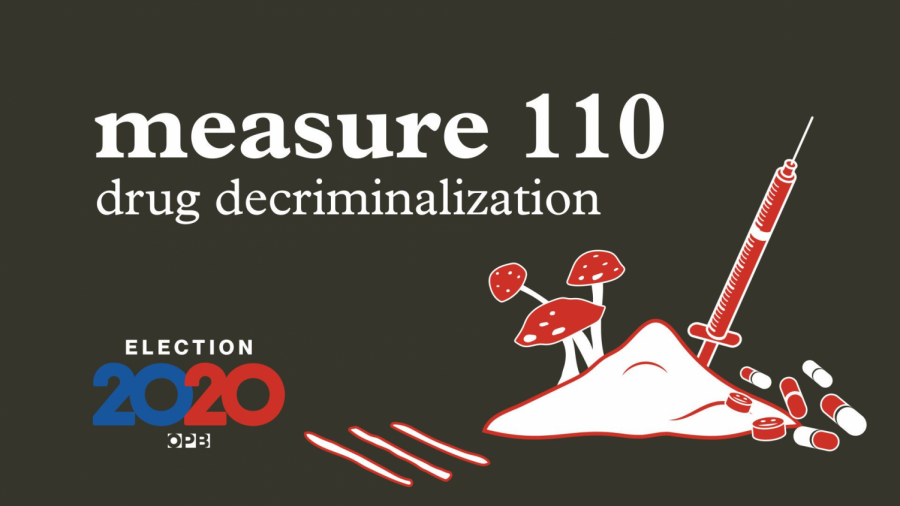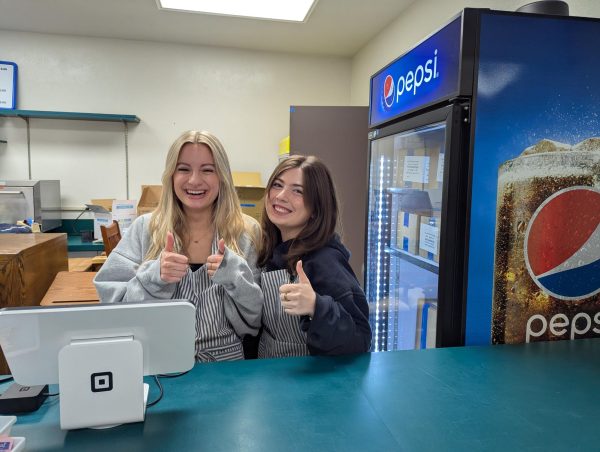Oregon’s Drug Decriminalization: A Step Forward
Oregon passes measure 110, becoming the first US state to decriminalize drug possession.
In the 2020 election, Oregonians voted to pass Measure 110, the Drug Decriminalization and Addiction Treatment Initiative. In the process, Oregon became the first US state to decriminalize drug possession, taking a step forward in supporting victims of drug addiction.
Measure 110 decriminalizes the personal possession of illegal drugs, meaning no arrest, prison sentence, or criminal record for first-time violators. Instead, drug offenders must pay a $100 fine, or complete a health assessment within 45 days of the violation.
Oregon has been known for its progressive stance on drug legislation. Back in 1973, Oregon became the first US state to decriminalize possession of marijuana. The drug was later approved solely for medical purposes in 1998. Following the lead of Washington and Colorado, Oregonians later voted to legalize the sale and use of recreational marijuana in 2014.
People should note that Oregon’s drug decriminalization is not synonymous with drug legalization; drugs are still illegal substances. However, minor drug possession violations will no longer be criminally prosecuted. Individuals who manufacture or distribute drugs still face strict criminal penalties and possible felony charges.
With drug decriminalization, the Oregon Criminal Justice Commission estimates an almost 90 percent drop in drug-related convictions. Such a drastic decline in arrests will cause major state savings from fees associated with arrests, the legal system, and incarceration. The savings will be used to support the Drug Treatment and Recovery Services Fund, supporting addiction treatment and rehabilitation centers.
The Oregon Criminal Justice Commission also reported findings that drug decriminalization would significantly reduce ethnic and racial disparities in the criminal justice system. For example, the overrepresentation of Black Oregonians with drug charges would fall by nearly 95 percent. Hispanic and Indigenous communities will face a similar reduction in overrepresentation in drug violations.
Oregon’s Measure 110 will treat minor drug possession similar to civil violations, such as traffic offenses. Through this process, the state aims to support victims of drug addiction with treatment and rehab instead of hurting them with arrests and prisons.









